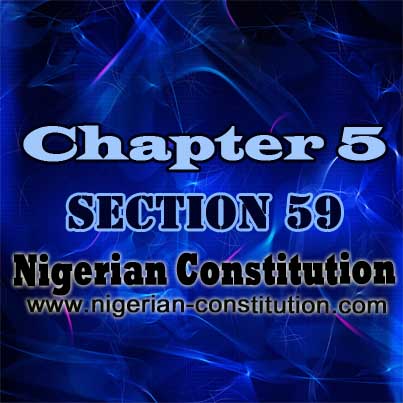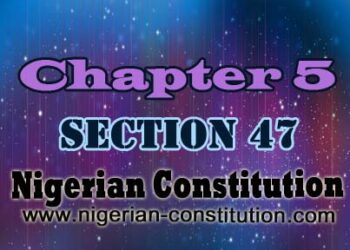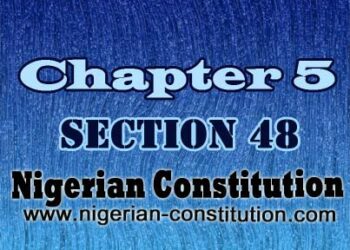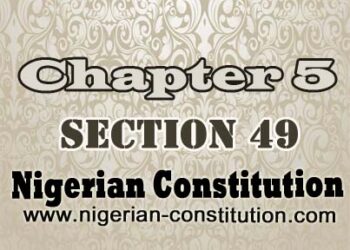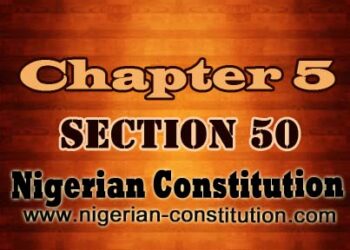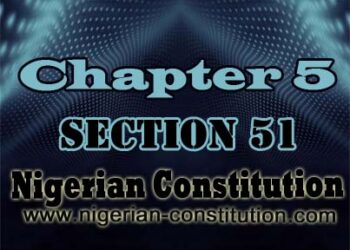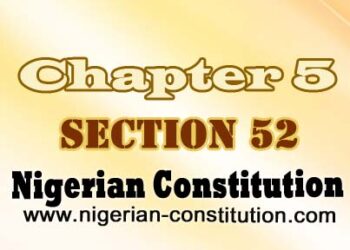(1) The provisions of this section shall apply to:
(a) an appropriation bill or a supplementary appropriation bill, including any other bill for the payment, issue or withdrawal from the Consolidated Revenue Fund or any other public fund of the Federation of any money charged thereon or any alteration in the amount of such a payment, issue or withdrawal; and
(b) a bill for the imposition of or increase in any tax, duty or fee or any reduction, withdrawal or cancellation thereof.
(2) Where a bill to which this section applies is passed by one of the Houses of the National Assembly but is not passed by the other House within a period of two months from the commencement of a financial year, the President of the Senate shall within fourteen days thereafter arrange for and convene a meeting of the joint finance committee to examine the bill with a view to resolving the differences between the two Houses.
(3) Where the joint finance committee fails to resolve such differences, then the bill shall be presented to the National Assembly sitting at a joint meeting, and if the bill is passed at such joint meeting, it shall be presented to the President for assent.
(4) Where the President, within thirty days after the presentation of the bill to him, fails to signify his assent or where he withholds assent, then the bill shall again be presented to the National Assembly sitting at a joint meeting, and if passed by two-thirds majority of members of both houses at such joint meeting, the bill shall become law and the assent of the President shall not be required.
(5) In this section, “joint finance committee” refers to the joint committee of the National Assembly on finance established pursuant to section 62(3) of this Constitution.
